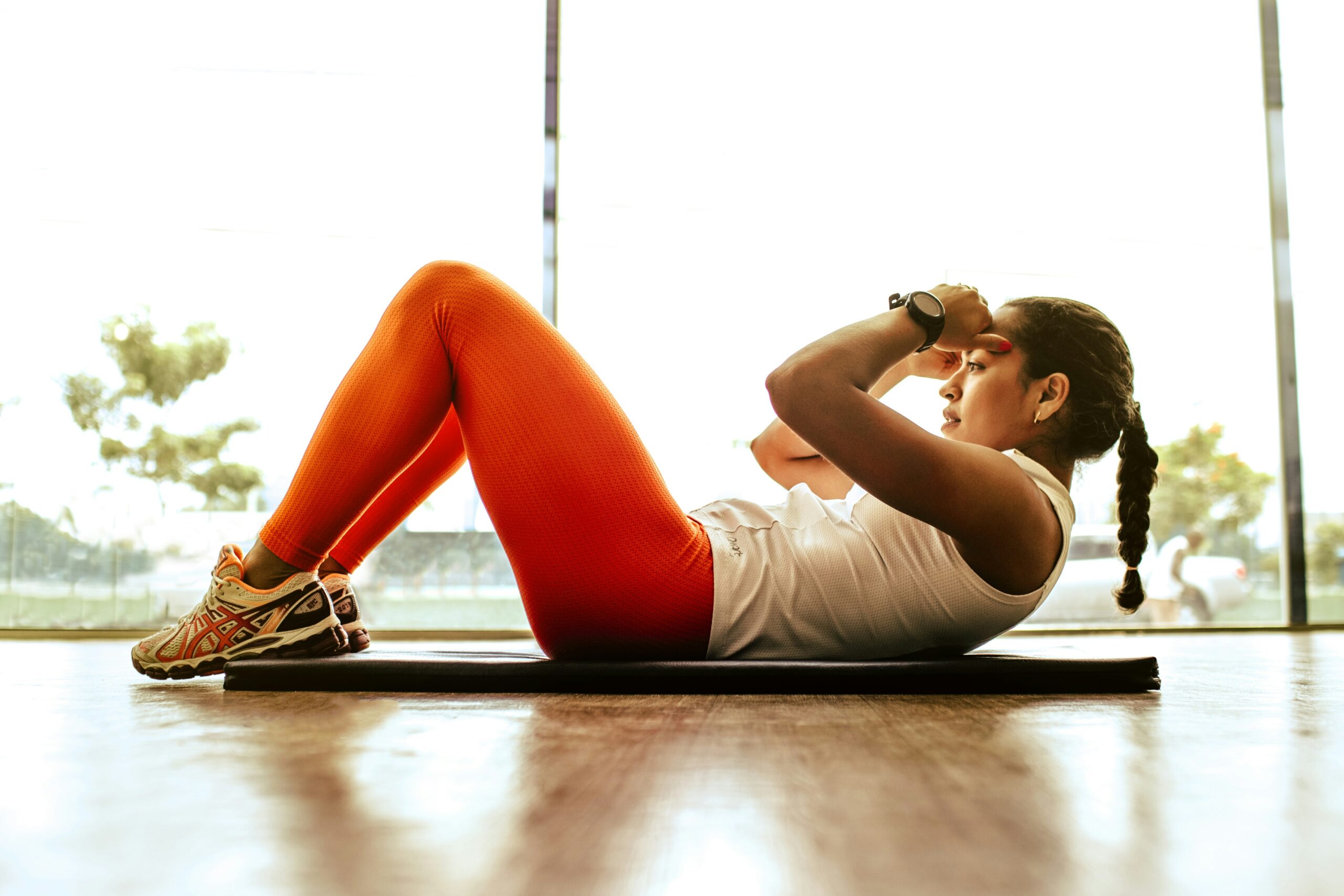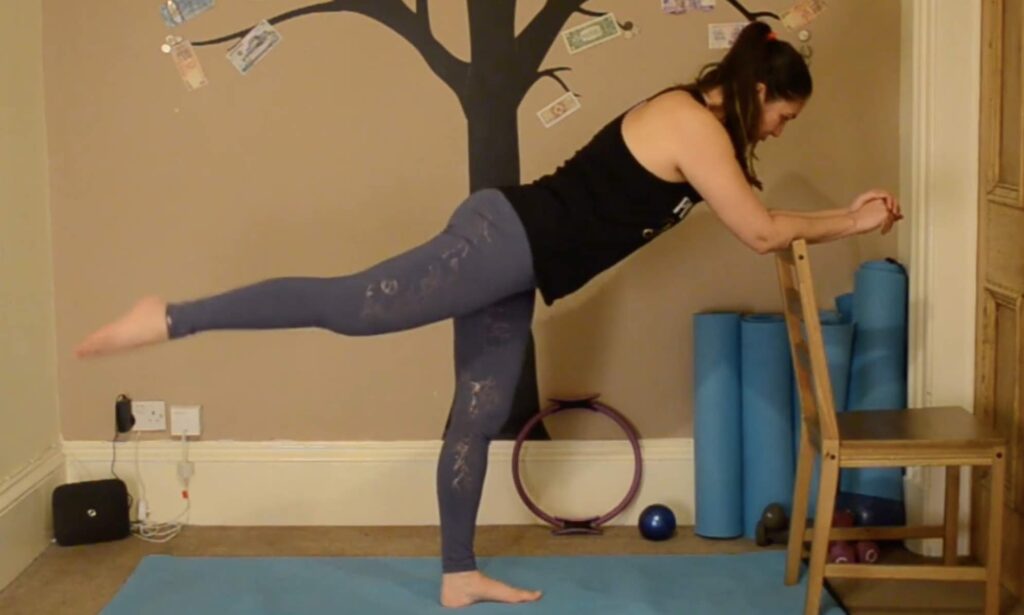Pilates is more than just an exercise method; it’s a holistic approach to movement that focuses on quality and mindfulness. Originally developed by Joseph Pilates, the method is rooted in six core principles that form the foundation of every Pilates exercise. These principles guide each movement, enhancing both physical and mental benefits. Here’s a breakdown of the six Pilates principles and why they’re essential to mastering this practice.
1. Breath
Joseph Pilates said “Lazy breathing converts the lungs, literally and figuratively speaking, into a cemetery for the deposition of diseased, dying and dead germs.”
Breath is a vital aspect of Pilates, helping to fuel muscles with oxygen and facilitate concentration. Coordinating breath with movement improves endurance and reduces stress, creating a meditative flow that enhances both mental and physical benefits. The diaphragm is part of the core muscles and you move it through breath. We want to always be breathing through our movements (no holding your breath!).
2. Centring
Joseph Pilates defined centring as “the act of drawing your own mental and physical focus during each exercise to the core, or centre, of your body. This is roughly the area between your lower ribs and hips, although it also includes the lower and upper back muscles.”
Centering emphasises core engagement, known as the “powerhouse” in Pilates. All movements originate from this area, which includes the diaphragm, abs, lower back, and pelvic floor muscles. Building strength in the centre improves balance, posture, and stability, supporting the rest of the body.

3. Concentration
“Concentrate on the correct movements each time you exercise, lest you do them improperly and thus lose all the vital benefits of their value.” – Joseph Pilates.
Concentration encourages full mental focus on every movement, encouraging body awareness. By concentrating on form, you can maximise the effectiveness of each exercise, reducing the risk of injury and building a mind-body connection that deepens your practice. The more you concentrate now, the more you’ll make it into a subconscious action, which means your body will engage the right muscles in your everyday life.
4. Control
“Contrology is not a system of haphazard exercises designed to produce only bulging muscles.”
– Joseph Pilates.
Control is the backbone of Pilates. Joseph Pilates called his exercises Contrology. Rather than rushing through exercises, each movement is done with precision, ensuring that you engage the correct muscles. This leads to balanced muscle development and improved coordination, preventing strain on the body.

5. Flow
“When all your muscles are properly developed, you will, as a matter of course, perform your work with minimum effort and maximum pleasure.” – Joseph Pilates.
Flow in Pilates means that movements should be smooth and continuous, creating a sense of grace and balance. Fluid transitions help maintain control and prevent jarring, rigid movements, leading to a more efficient, rhythmic practice.
When you bring the different principles together and create flow and ease with your movements, it makes the whole thing easier to do and more pleasurable.
6. Precision
“A few well-designed movements, properly performed in a balanced sequence, are worth hours of doing sloppy calisthenics or forced contortion.”– Joseph Pilates.
Precision encourages quality over quantity. Each movement in Pilates is intentional, with attention to form and alignment. Practicing precision improves muscle efficiency and ensures that you’re working the right muscles, creating a sculpted, balanced body over time.
In summary, these six principles – breath, centring, concentration, control, flow, and precision – are the cornerstones of a successful Pilates practice. By focusing on these elements, you can achieve greater body awareness, strength, and a calm, balanced mind. Embracing the principles of Pilates helps transform your fitness journey into a holistic experience that strengthens both body and mind.
To learn more about the principles and apply it to your Pilates practice, there’s the perfect workshop coming up – Exploring the Pilates Principles Workshop. This is suitable for you whether you are a complete beginner (it will set you up really well for future classes) or
